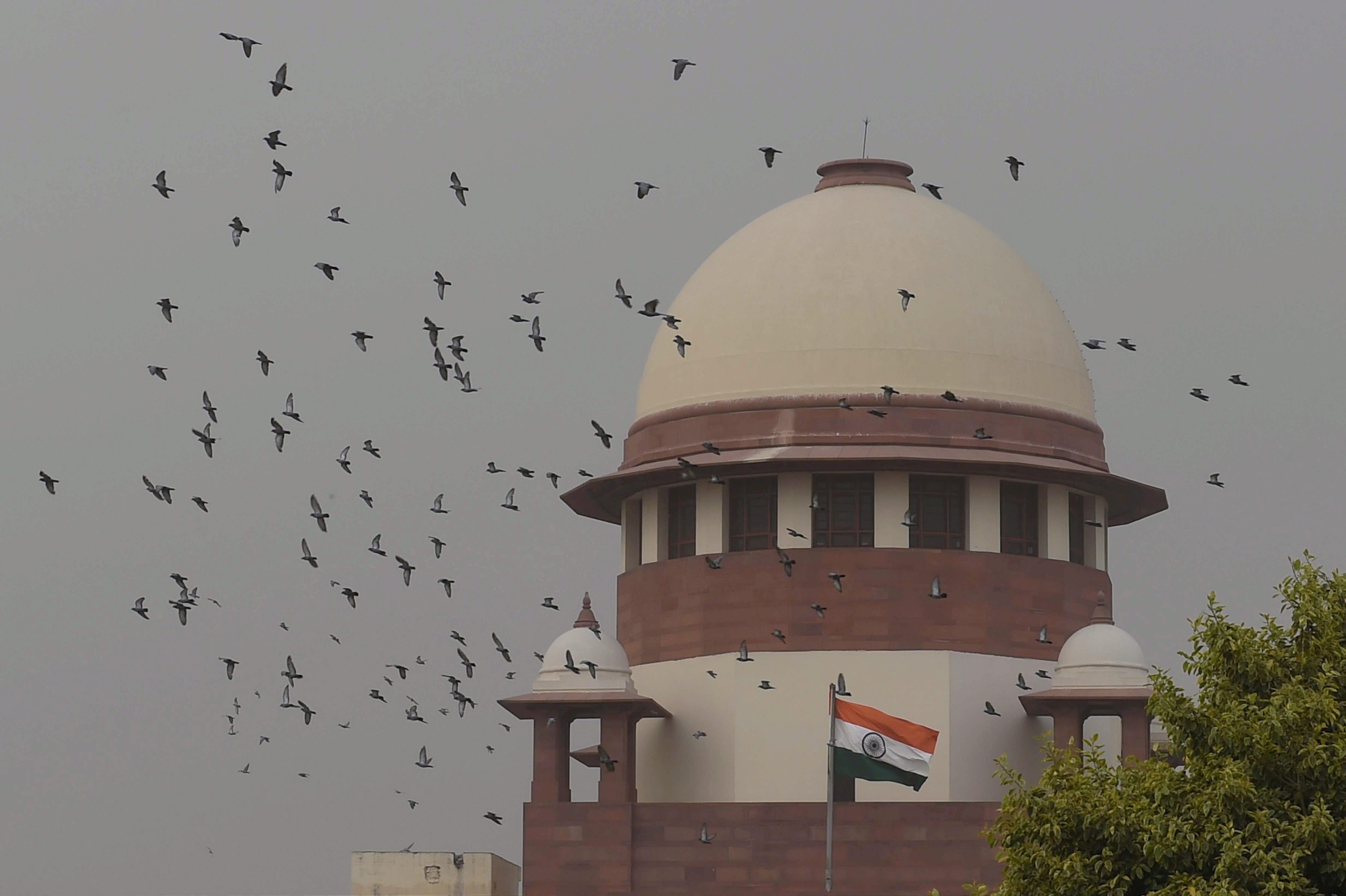U’khand UCC mandates live-in registration, bans polygamy
Children born of live-in relationships will be considered legitimate and deserted women will be entitled to maintenance from their partners
PTI
-
Pushkar Singh Dhami with others holds a copy of the Constitution at Vidhan Sabha Bhawan in Dehradun on Tuesday. PHOTO: PTI
Dehradun/New Delhi, 6 Feb
The Uttarakhand government on
Tuesday tabled in the assembly the Uniform Civil Code bill, the first such move
in any state after Independence that could be followed by similar legislation
in other BJP-run states.
The hill state’s small tribal
community is exempted from the proposed law, which also mandates registration
of live-in relationships. Children born of live-in relationships will be
considered legitimate and deserted women will be entitled to maintenance from
their partners.
Coming just ahead of the Lok Sabha
elections, the 192-page Uniform Civil Code, Uttarakhand, 2024 bill ticks off an
important item on the BJP’s ideological agenda — a common law on marriage,
divorce, land, property and inheritance for all citizens, irrespective of their
religion.
“Makers of the Constitution had
discussed the matter several times before putting in a provision for this,”
Union minister Meenakshi Lekhi said in Delhi, in an apparent reference to
Article 44 of the Constitution. She called it the fulfilment of a promise made
by “our ancestors”.
The bill is likely to be studied
and possibly implemented by BJP governments in states like Gujarat and Assam.
Only Goa has a common civil law, in operation since the Portuguese rule.
Without naming them, the bill
effectively bans polygamy and 'halala' practised among a section of Muslims.
Marriages, though, can be solemnised through separate rituals, like saptapadi,
nikah and anand karaj, followed by different communities.
The All India Muslim Personal Law
Board called the bill an interference in religious matters. Khalid Rashid
Farangi Mahali, its executive committee member, also questioned the relevance
of a uniform code when Uttarakhand’s tribal community was exempted.
On Tuesday, the second day of a
special four-day session of the Uttarakhand assembly, Chief Minister Pushkar
Singh Dhami entered the House with a copy of the original Constitution. Ruling
party members thumped their desks and chanted "Bharat Mata ki Jai",
"Vande Mataram" and "Jai Shri Ram" as he tabled the bill. The
original list of business for the day said the bill will be tabled, debated and
passed by the House.
But Speaker Ritu Khanduri allowed
more time after opposition members protested, raising slogans in the House.
They wanted time to study the bill and then offer their views. "It seems
the government wants to pass the bill without a debate in violation of
legislative traditions," Leader of Opposition Yashpal Arya said. The
Opposition wants the bill to be referred to a select committee of the House.
The bill applies to the whole of
Uttarakhand and to people from the state living outside. But the state’s tribal
population will not be affected. "Nothing contained in this code shall
apply to the members of any Scheduled Tribes... and the persons and group of
persons whose customary rights are protected under the Part XXI of the
Constitution of India," the bill says.
Like marriages, live-in
relationships must be registered. Live-in partners must not be under18. But if
any one of them is under 21, the registrar is bound to inform their parents or
guardians. The bill stipulates a penalty of up to a month in prison or a fine
of Rs 10,000, or both, if the partners do not submit a statement on their
relationship to the registrar within a month. They will face a higher penalty
if they submit false information.
If a woman in a live-in
relationship is deserted by her partner, she can approach the court for
maintenance from him. There is also a provision to terminate a live-in
relationship. The bill makes it clear that a marriage between a man and a woman
can be solemnised if “neither party has a spouse living at the time of
marriage.” In effect, this bans polygamy and polyandry.
It also spells out the right to
remarry after divorce or the nullification of marriage, provided there is no
appeal pending. And in an apparent reference to ‘halala’, it specifies that
this includes “the right to marry the divorced spouse without any condition,
such as marrying a third person before such remarriage”.
The bill also deals with the issue
of marrying when the spouses are related in some manner. It gives the nod to
marriages when the couple are “not within the degrees of prohibited
relationship”. But it makes an exemption to “custom or usage” that permits such
marriages, provided they are not against “public policy and morality”.
The common code will become law
once it is passed by the BJP-majority House and gets the Governor’s consent. The
BJP had promised a UCC in the state in the run-up to the 2022 assembly polls,
which saw the party storm to power with a landslide victory for the second
consecutive term.
Shortly after taking charge, Dhami
appointed a five-member panel headed by Justice (rtd) Ranjana Desai to come up
with a draft. Participating in the debate, Congress leader Yashpal Arya said
the bill should be referred to a select committee of the House to examine its
provisions.
The committee of experts that
prepared the draft should have included theologists from different faiths, he
said.
Leave a Reply
Your email address will not be published. Required fields are marked *








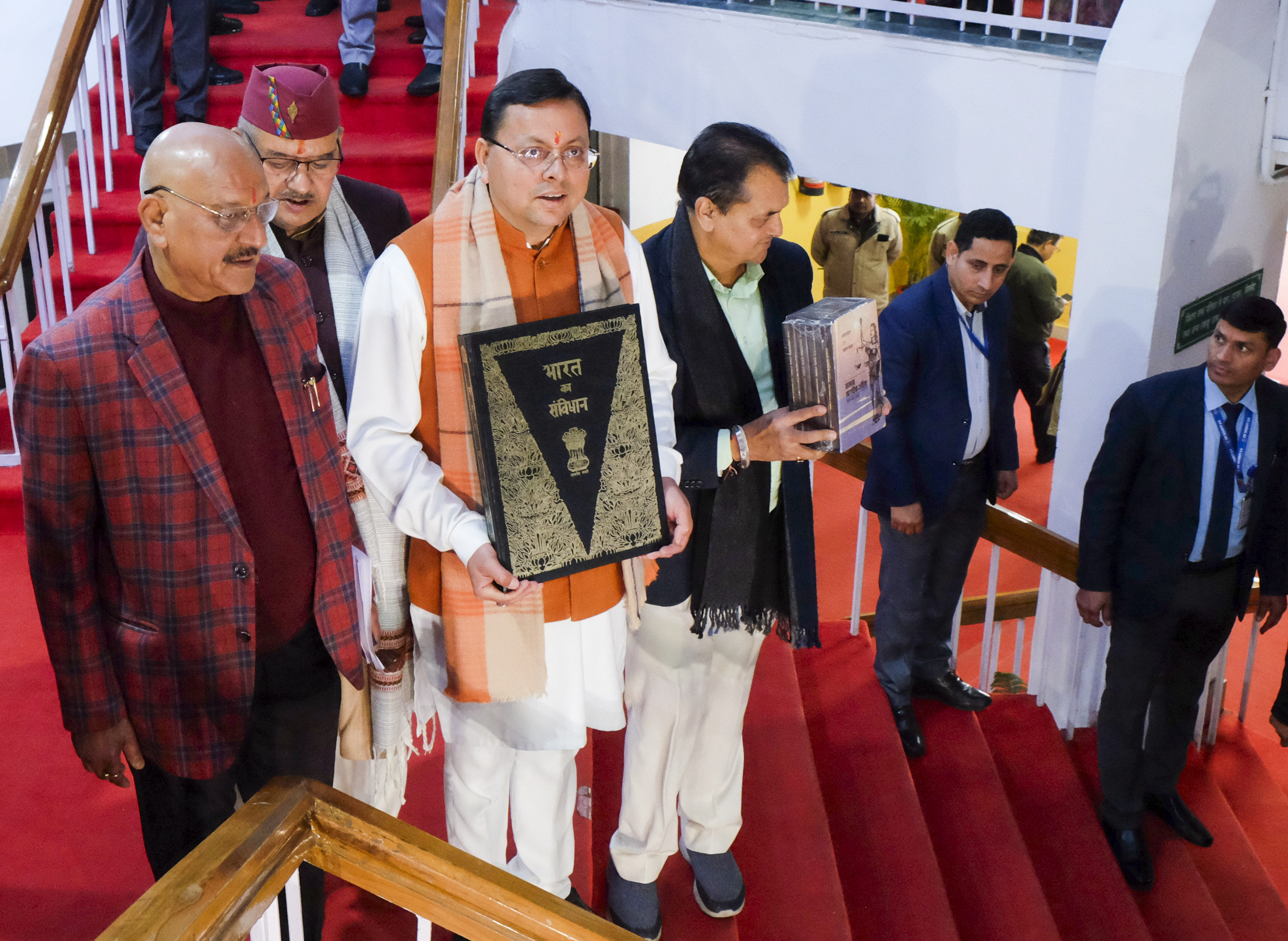

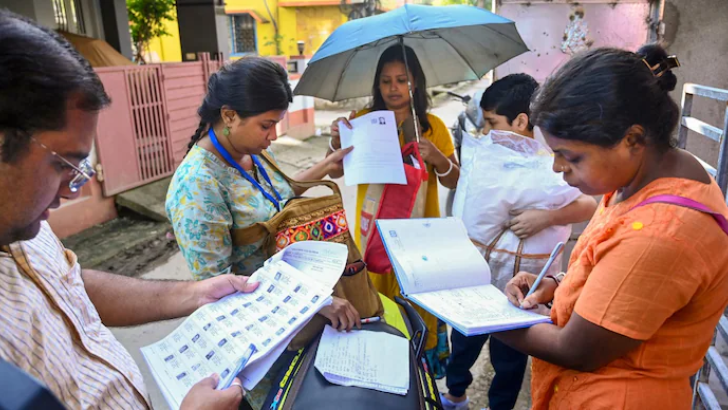
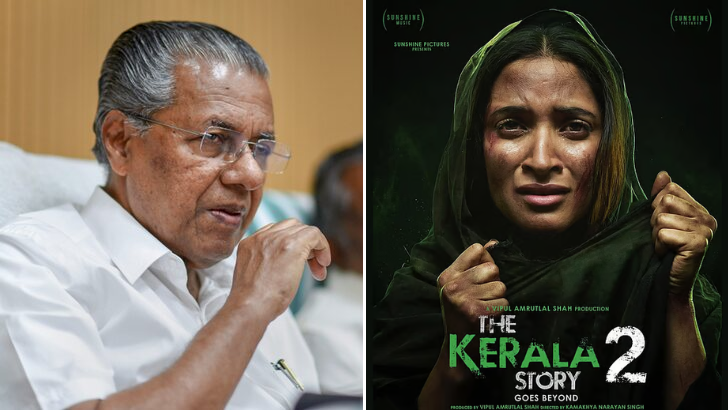

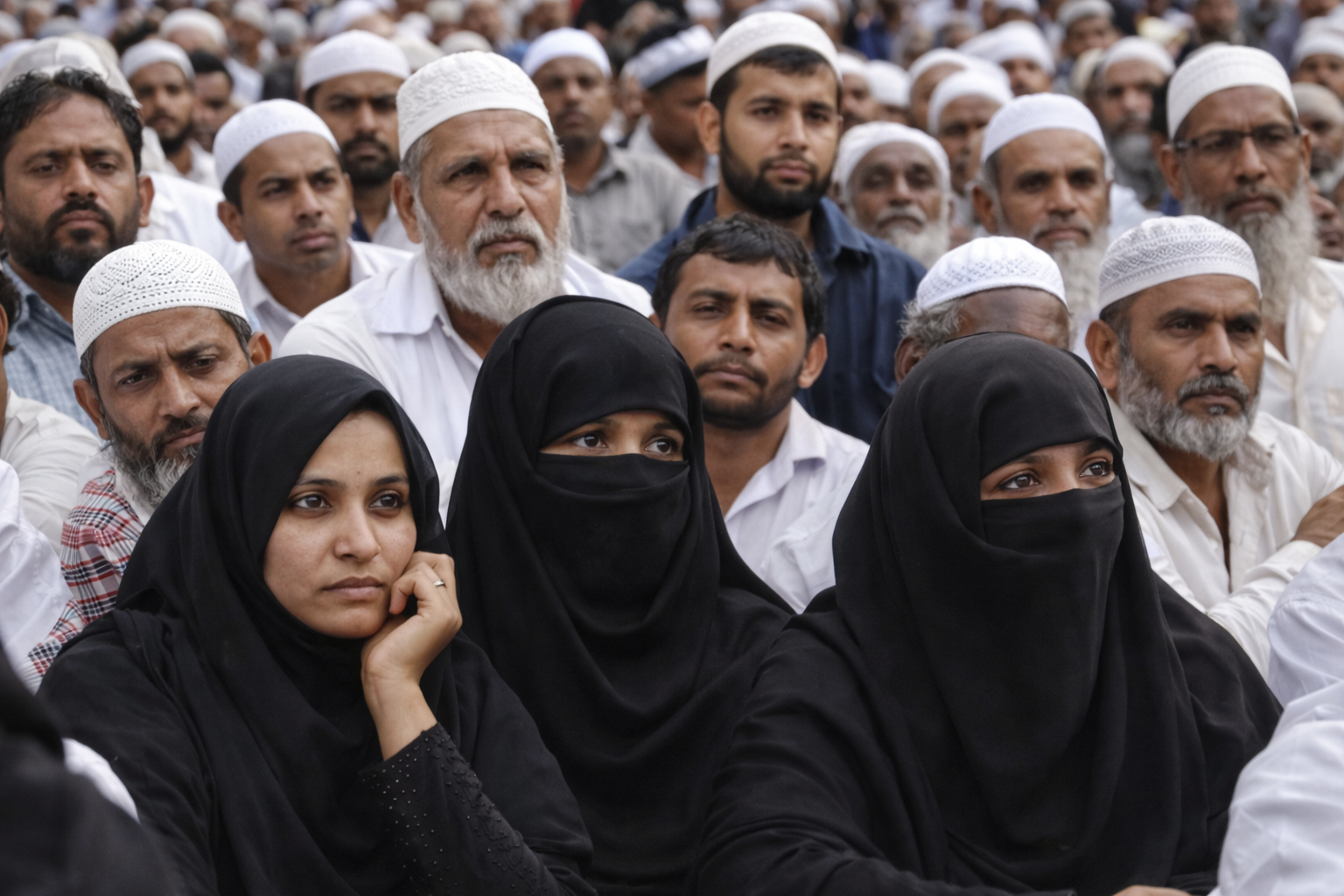
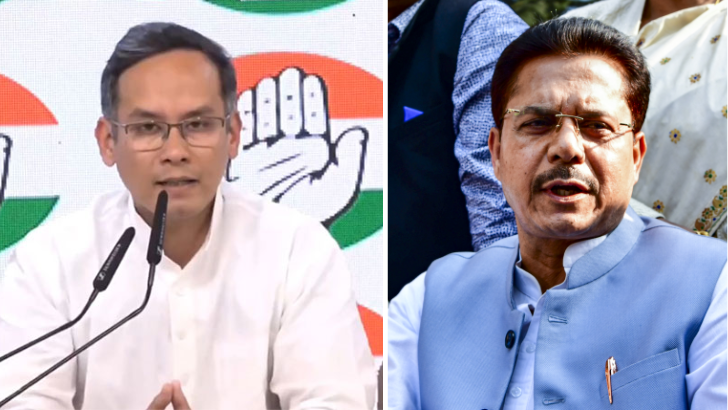

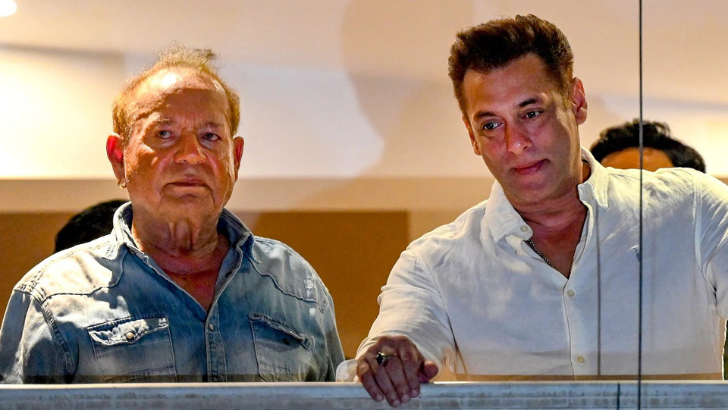

.png)
